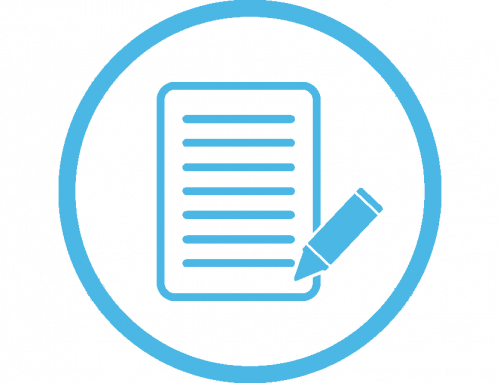In the last months we also had experienced a change in the CS-AWARE consortium: partner University of Passau in Germany has left the project and was replaced by new partner, the University of St. Gallen in Switzerland.
If one expects to find any Machiavellian conspiracies there has been none! The original project application had been designed by Prof. Dr. Siegfried Handschuh at the time that he was still at the University of Passau, and now for the final year before completion the project gets back to him and his team which now is with the University of St. Gallen.
This last year is important for the St. Gallen team for an extra reason that has not been with us in the previous setting: apart from being a research university, Uni St. Gallen is considered according to international rankings amongst the world’s leading business schools.
How one should read this? We think that we must set the bar high. We are working on a plan – below are only some thoughts we share with you to help start a dialogue within the consortium that we expect to evolve into actions. The closer we come to the project completion we know that the wisdom of the ancient Greeks who represented Caerus (in Greek: Καιρός) as the personification of opportunity that can be easily seized by the hair hanging over his face when he is arriving, but once he has passed by, no one can grasp him, as the back of his head being bald.
Things that happen and rather discomfort us: the cybersecurity market is ‘hot’ or ‘cool’ – you may choose what you prefer best, attracts business interest and investor attention, leaving a wide field for opportunism and snake-oil entrepreneurship. Some of us have seen this before with the dot.com bubble: at that time there were on the one side the (then) ‘hot’ or ‘cool’, on the other side there were the eager investors but between them was a gap: no business models to make expectations get met and a lack of understanding that was fueled by overdoses of arrogance.
For our case and the exploitation of CS-AWARE things may be easier now: we have to build a business around the platform we have been building and are now deploying and testing with our two user partners: Larissa as a rather small-to-medium local public authority and the City of Rome as a rather large, metropolitan local public authority.
Building a business, on the other hand, is not trivial: there are many people out there that have the knowledge but not skills and the capacities to build a sustainable business. Some of them are afraid to risk, some others risk but on a wrong aspect. The IT sector is full of legendary success stories and, fortunately in the last years people are open and willing to also share their failure stories. And there are also quotes that are still with us like Steve Jobs’ ‘no one is going to buy a big phone’.
To have a technology but not have a market to sell it is not a pleasant finding. One needs to build this market from scratch. We should openly admit that while the need to protect ICT systems and digital assets is with us, the market is still not organized in a way that would allow us to go with the flow. Many of the CS-AWARE partners depended their existence on EU funding and shall soon need to find other sources to keep their own business alive. Some others like the academic institutions are trained to offer know-how in the form of hired guns. Time is running and one may see that we are not a little too early to build a sustainable business as a spin-out of the CS-AWARE project, we run the risk that after a while we shall be a little too late to make it happen.
Juliano Sales, University of St. Gallen, Switzerland
Adamantios Koumpis, Berner Fachhochschule, Switzerland

